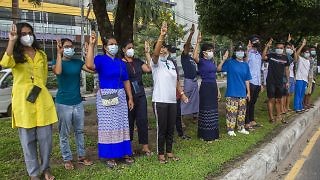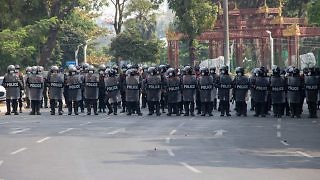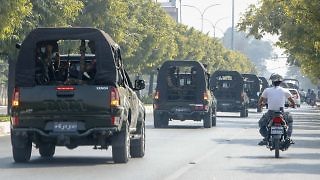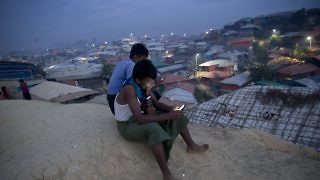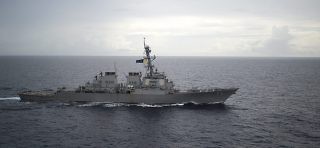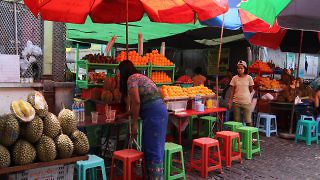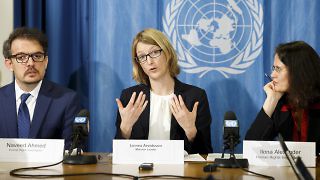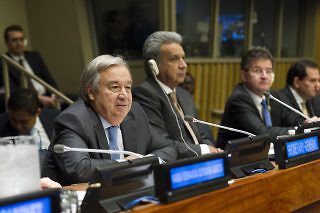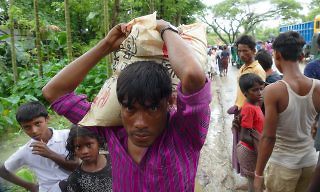The widespread opposition to the military’s brutal crackdown includes possibly as many as three-quarters of the soldiers in Myanmar’s army.
Tag: southeast asia
-
-
There is an urgent need to rethink how to hold to account those responsible for human rights violations not only in Myanmar, but also in other countries.
-
It is unlikely that the military will support full democratization until there is a party that the military trusts.
-
Looking forward, tensions in the South China Sea are unlikely to subside as China and the US continue their action–reaction cycle of military exercises.
-
The immediate question then is: should the repatriation of Rohingya refugees begin?
-
If any country, particularly the US, wants to prevent further Chinese gains in the SCS, it will need to substantially increase investment in military capabilities, diplomacy, and economic presence in Asia in the years ahead.
-
Among the many challenges Myanmar faces, issues related to conflict resolution—not the least the Rohingya issue—could, if not handled properly, turn into serious stumbling blocks in their efforts to implement the SDGs.
-
The Myanmar government’s refusal to cooperate is unfortunately not an uncommon posture and brings to the fore the need for the UN to ensure that independent and impartial investigations can take place in the best conditions, and, where no cooperation is possible, look for other creative ways to dig up the facts.
-
The Rohingya crisis has sparked a change of tone from Guterres, who has been criticized for failing to shine a light on human rights abuses and atrocities.
-
In Myanmar, the current aid blockade on all UN agencies, and the ban on international staff that humanitarian organizations have been facing since mid-August, is being justified by the government as necessary for “security reasons.”
